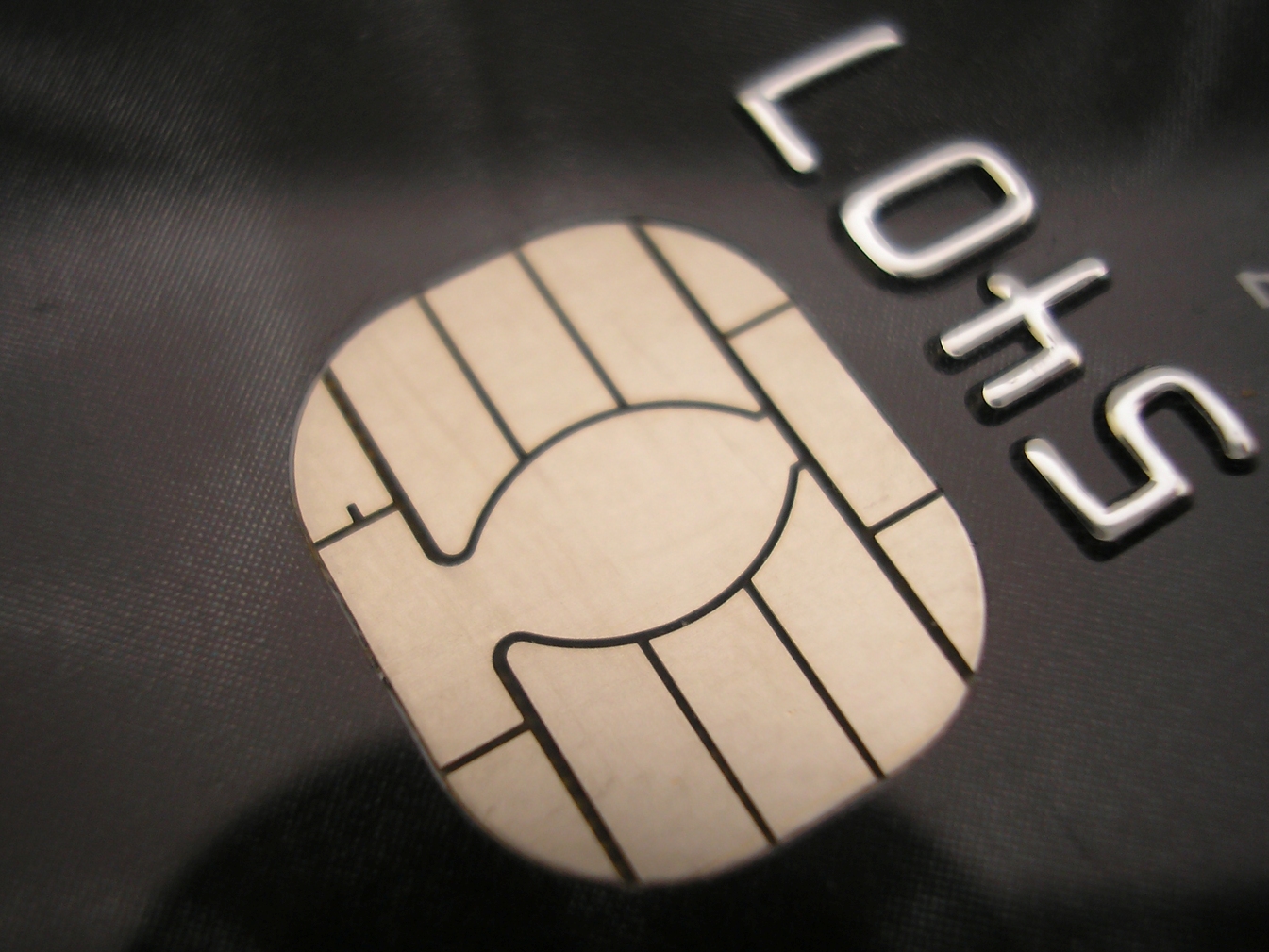Beating the credit card fraudsters
How HSBC aims to identify credit card fraud in under a second

Online identity theft might get more publicity these days, but did you know that a quarter of the £400 million lost to credit card fraud in the UK every year is down to good old-fashioned counterfeit cards?
Every credit card provider tries to spot fraud as it happens. But HSBC hopes that the new system it’s introducing to the UK this year will spot fraud faster and more accurately.
This new anti-fraud system could save you from losing money to speculative fraudsters. But it could also mean lots more targeted junk mail too.
How the banks track your credit card
When you make a purchase, you put your credit card in the shop’s card terminal and type in your PIN. The terminal then sends the details back to the credit card issuer to check that you’ve paid your bills and that you’re still under your agreed credit limit.
But the system is also trying to guess whether it’s really you at the till.
HSBC has spent two years working with software modeling expert SAS to build a real-time fraud detection system. This uses a ‘signature’ calculated from your previous behaviour and a complex model of what fraud looks like to calculate the odds that it’s really you – and it does this in 30 to 50 milliseconds.
Sign up for breaking news, reviews, opinion, top tech deals, and more.
There’s a fine line between catching fraudsters and annoying customers by questioning too many purchases, so the fewer ‘false positives’ the better. HSBC isn’t saying how much more accurate the new system is, but it’s certainly more efficient.
The new system processes 87 per cent more information (about your shopping and travelling habits as well as what kinds of fraud are happening that day) using 12 per cent less CPU time. But the real change is that the new system will look at more than just your credit card history to work out if you’re really you.
The pattern of shopping
“You are what you buy,” says SAS’s director of fraud solutions T J Horan – and you spend with more than one card. If you have an HSBC credit card, you probably have an HSBC debit card and if your wallet is stolen thieves will be using them, along with your cheque book and all your other cards.
By the end of next summer HSBC will check credit and debit cards in the same system, making it easier to spot suspicious behaviour.
In the future it will run other transactions through the system too. Thieves often try to change the address for your statements so you won’t notice what they’re spending or the money that they’re taking out of your bank account so they don’t hit your credit card limit. They might even take out a mortgage in your name.
HSBC plans to check mortgage applications, cheques, online payments, transactions on mobile phones, address changes and even the behaviour of its own staff against the system to look for fraud. It could even spot businesses that are about to fail.
What it can’t yet do is check against your other credit cards even though the thieves will be using everything they find in your wallet.
Derek Wylde, the head of group fraud HSBC, hopes we’ll see a consortium of UK banks and credit card providers sharing data about fraud.
But he also plans to use the model the bank builds up of you for marketing. “Using transaction data can be incredibly valuable when pinpointing where to sell products to our customers,” he says. But targeted junk mail may still feel like junk mail.
Mary (Twitter, Google+, website) started her career at Future Publishing, saw the AOL meltdown first hand the first time around when she ran the AOL UK computing channel, and she's been a freelance tech writer for over a decade. She's used every version of Windows and Office released, and every smartphone too, but she's still looking for the perfect tablet. Yes, she really does have USB earrings.